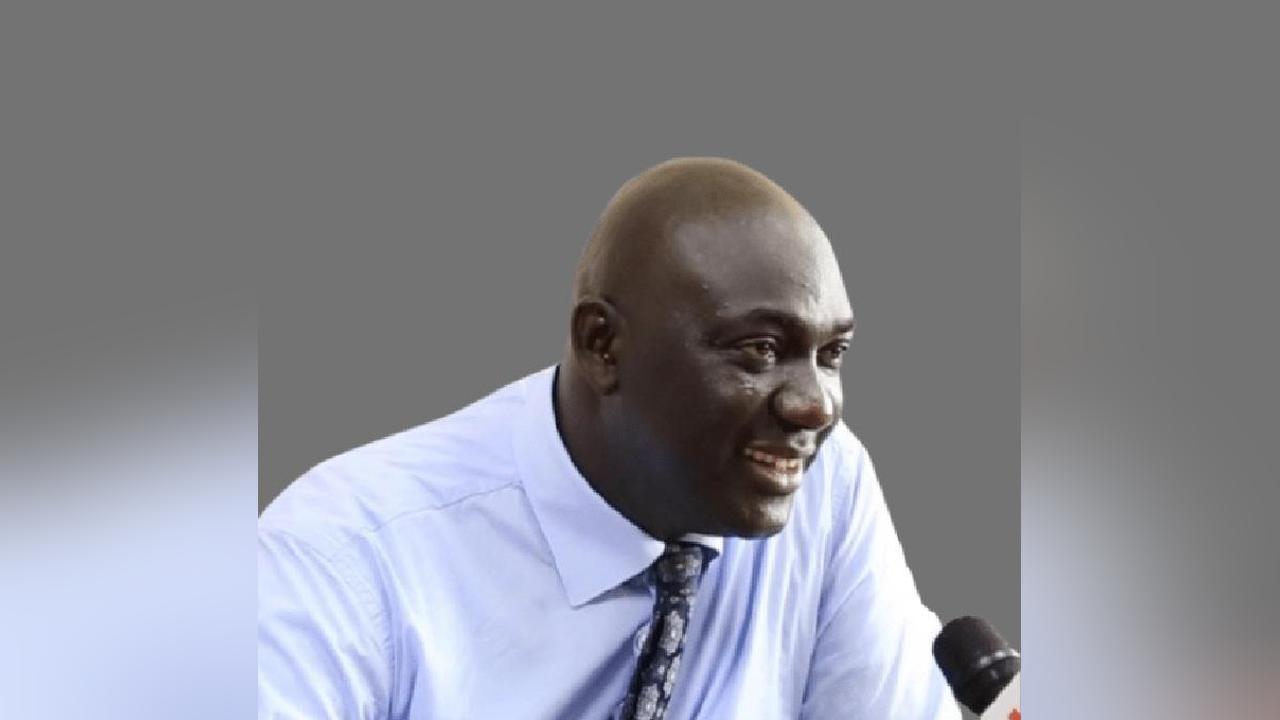Africa-Press – Gambia. Lamin Sanneh, the first chief executive officer of the OIC Gambia Secretariat who later resigned, has alleged that interference from the executive branch of the government started at the secretariat when millions of dollars given as pledges and commitments, started coming in.
Sanneh resigned from his position in August 2019 for unexplained reasons.
But speaking on the popular Gambian affairs programme For the People, By the People show on Sunday, Mr Sanneh, for the first time, publicly disclosed his reason of resignation, stating that he left to avoid a fight between the executive and the secretariat which was going to affect the country’s bid to host the OIC summit.
“From the onset, if I did not put my foot down, we would have gotten nothing out of the OIC conference. I had to fight, (then there was no money) but when money started coming, I became an enemy and a target, with issues coming up every day, and along with a lot of noise,” Sanneh said.
He said he was asked to fire Nyang Njie, head of branding communications, his deputy Essa Bokar Sey, (who later became deputy CEO), and Almamy Taal, legal officer, but he refused to comply because there were no reasons to do so. Nyang Njie later resigned along with Sanneh while Taal was sacked.
Sanneh went on: “So they were interfering and I could not trust them anymore because the seriousness we had to deliver this project was not there anymore. It was more of how much they could get from the project.”
He revealed that at some point, he got information that some cabinet ministers were going to the president telling him that Sanneh is stubborn and “that he, the president, must make me accept certain things or they will not get any benefits from the OIC project.
“But I was not working for any minister or president. It was Gambia first. So my resignation was out of principle because there was going to be a fight between me and the executive which would have made us lose everything. So I had to leave,” Sanneh explained.
Sanneh, a prominent member of the opposition UDP, however declined to reveal certain issues ‘out of respect for the Office of the President and its surroundings.’
But he made it clear that he had a good relationship with President Barrow when there was no money and that the problems started when the secretariat started receiving commitments and pledges worth over $120 million.
“I had an option to either stay or “eat the money” as some people in the executive wanted, or preserve my integrity by resigning. I chose the latter,” Sanneh said.
He said he developed the OIC project in the interest of every Gambian. “When we had no money I was paying the bills of OIC. So if I decided to leave, it must be something against my principles. The OIC was for Gambia, not for any individual. I will not be part of a process that will derail that for personal interest,” he said.
Sanneh further claimed that most of the pledges made by some OIC member countries were not fulfilled because the project shifted from “national to personal interests.”
He alleged that the Gambia government also refused to make its counterpart funding for the construction of the OIC conference centre, explaining that he had provided D24 million he saved from the foreign exchange gains from donor findings to settle that out.
Summit vehicles
Sanneh stated that during his time as head of OIC, both the King of Saudi Arabia and the tuler of UAE made pledges to provide 165 vehicles to The Gambia for the transportation of VIPs, but those pledges never materialised due to what he called considerations for personal gains following his departure.
“This pledge was confirmed to me as follows: 55 vehicles from Abu Dhabi, 110 vehicles from the King of Saudi Arabia. The king will not promise me and not deliver. He promised me $100 million and delivered it. So he will not renege on 110 vehicles. So there was no need to buy the vehicles. But again this is what I said. When I left, it changed to become more of whatever people can get,” Sanneh said.
For More News And Analysis About Gambia Follow Africa-Press






